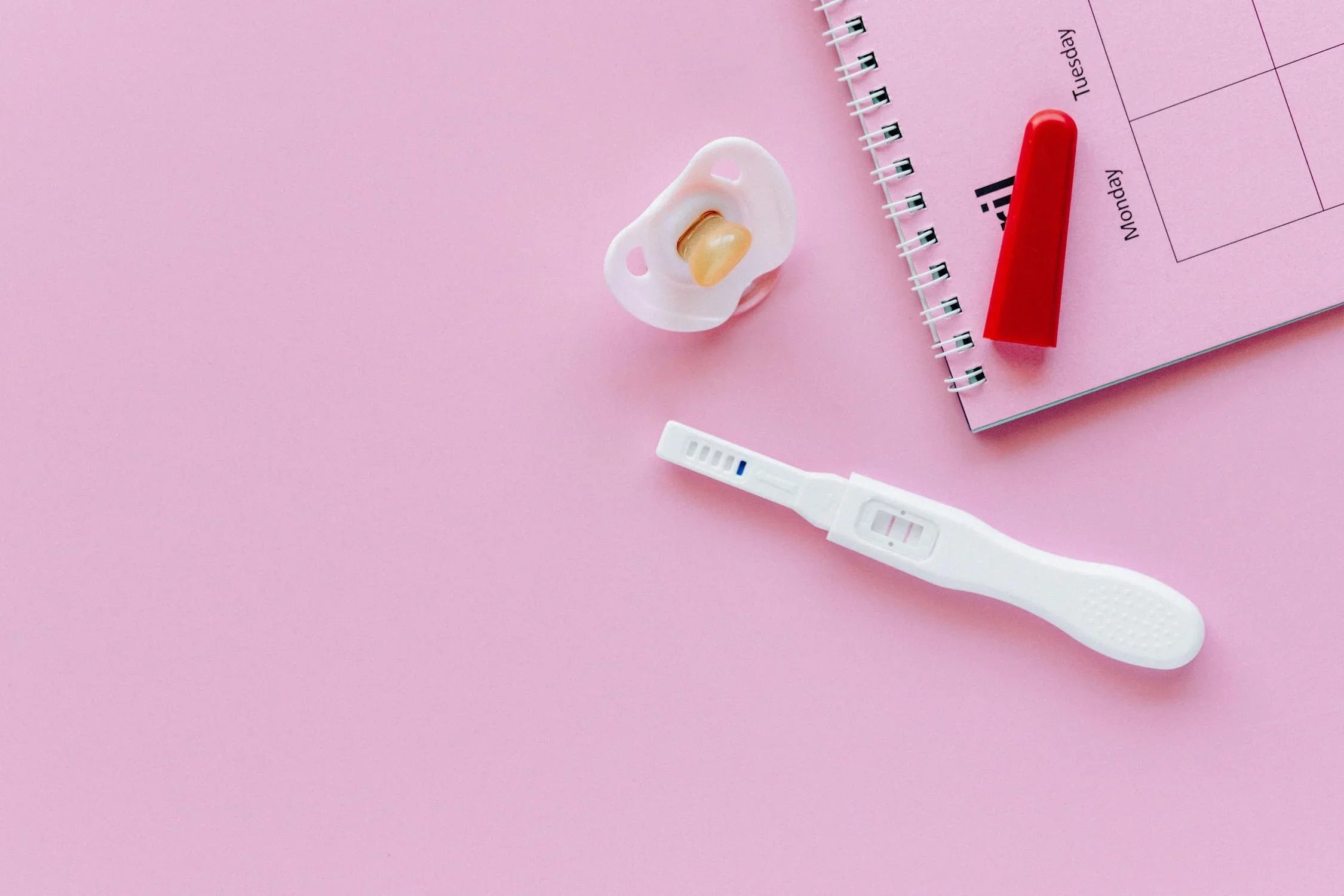Maison
Grossesse, allaitement et pompage : le guide ultime pour les mamans
Quand dois-je passer un test de grossesse après l'ovulation : un guide complet

Quand dois-je passer un test de grossesse après l'ovulation : un guide complet
Savoir quand faire un test de grossesse après l'ovulation est essentiel pour obtenir des résultats fiables et éviter un stress inutile. Le parcours de l'ovulation à un test de grossesse positif comprend plusieurs étapes cruciales, chacune influencée par des processus biologiques. Cet article explore les mécanismes de l'ovulation, de la nidation et de la détection hormonale pour vous aider à déterminer le meilleur moment pour faire un test de grossesse.
Comprendre l'ovulation et son rôle dans la conception
L'ovulation est le processus par lequel un ovule est libéré par l'ovaire, le rendant ainsi disponible pour la fécondation. Ce phénomène se produit généralement vers le milieu du cycle menstruel, environ 14 jours avant le début des règles suivantes. Cependant, la date exacte peut varier en fonction de la durée du cycle et des fluctuations hormonales de chaque femme.
Lors de l'ovulation, le corps connaît une forte augmentation de l'hormone lutéinisante (LH), ce qui déclenche la libération de l'ovule. Celui-ci descend ensuite dans la trompe de Fallope, où il peut être fécondé par un spermatozoïde. Si la fécondation a lieu, l'ovule commence à se diviser et à former un embryon, qui s'implantera finalement dans la paroi utérine.
Le processus d'implantation et la production d'hormones
L'implantation est une étape cruciale du début de la grossesse. Après la fécondation, l'embryon met environ 6 à 12 jours pour remonter la trompe de Fallope et s'implanter dans la paroi utérine. Une fois l'implantation réalisée, le corps commence à produire la gonadotrophine chorionique humaine (hCG), une hormone essentielle au maintien de la grossesse.
Au début de la grossesse, le taux d'hCG augmente rapidement, doublant environ toutes les 48 heures. C'est cette hormone que les tests de grossesse détectent pour confirmer une grossesse. Cependant, le taux d'hCG est initialement très faible et il faut du temps avant qu'il ne devienne détectable dans l'urine ou le sang.
Déterminer le meilleur moment pour faire un test de grossesse
Le moment où l'on effectue un test de grossesse après l'ovulation est crucial pour sa fiabilité. Un test réalisé trop tôt peut donner un résultat faussement négatif, car le taux d'hCG peut ne pas être encore suffisamment élevé pour être détecté. La plupart des professionnels de santé recommandent d'attendre le retard des règles avant de faire un test de grossesse, car cela augmente la probabilité d'obtenir un résultat fiable.
Pour les femmes ayant des cycles menstruels réguliers, cela signifie généralement attendre environ 14 jours après l'ovulation. Cependant, en cas de cycles irréguliers ou si vous n'êtes pas certaine de votre date d'ovulation, il est préférable d'attendre quelques jours supplémentaires afin de garantir la détection du taux d'hCG.
Facteurs pouvant affecter la fiabilité d'un test de grossesse
Plusieurs facteurs peuvent influencer la fiabilité d'un test de grossesse, notamment sa sensibilité, le moment de la journée où il est effectué et les variations individuelles de la production d'hCG. Certains tests sont plus sensibles et peuvent détecter de faibles taux d'hCG, permettant ainsi un dépistage plus précoce. Cependant, même avec un test sensible, un faux négatif reste possible si le test est effectué trop tôt.
De plus, le taux d'hCG étant généralement plus élevé le matin, effectuer le test avec les premières urines de la journée peut en améliorer la précision. Il est également important de suivre scrupuleusement les instructions du test afin d'éviter toute erreur susceptible d'influencer le résultat.
Que faire en cas de résultat négatif
Si vous faites un test de grossesse après l'ovulation et que le résultat est négatif, il est important de ne pas perdre espoir. Comme mentionné précédemment, un test effectué trop tôt peut donner un faux négatif. Si vous pensez toujours être enceinte, attendez quelques jours et refaites un test. Si les résultats restent négatifs et que vous n'avez toujours pas vos règles, il est conseillé de consulter un professionnel de santé pour un examen plus approfondi.
Quand consulter un médecin
Si vous avez effectué plusieurs tests de grossesse avec des résultats variables ou si vous présentez des symptômes de grossesse mais que vos tests sont négatifs, il est peut-être temps de consulter un médecin.Un professionnel de santé peut effectuer une prise de sang pour mesurer plus précisément les niveaux d'hCG et vous fournir des conseils adaptés à votre situation personnelle.
De plus, si vous ressentez des symptômes inhabituels tels que des douleurs intenses, des saignements abondants ou d'autres signes inquiétants, consultez immédiatement un médecin, car cela pourrait indiquer une complication potentielle.
Savoir quand faire un test de grossesse après l'ovulation peut faire toute la différence pour obtenir des résultats fiables et réduire l'anxiété. En comprenant les processus biologiques impliqués et en tenant compte des facteurs pouvant affecter la fiabilité du test, vous pourrez décider en toute connaissance de cause du moment opportun. N'oubliez pas que la patience est essentielle et, en cas de doute, consulter un professionnel de santé est toujours la meilleure solution.
Partager


